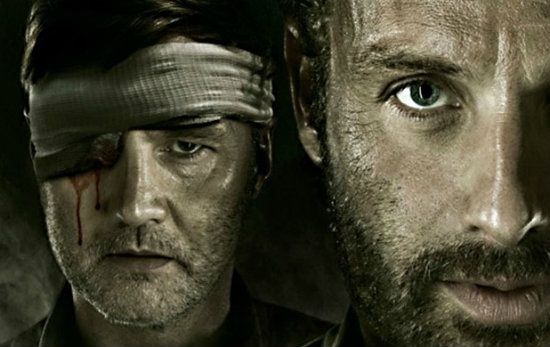
“Youth Group” vs. “Student Ministries”
Right now we’re making some changes at the church where I work, including the language we use to talk about our ministry to and with teenagers. When I was in high school, I loved “youth group.” We got together at least twice a week, played games and learned about faith. We had a name for our group, dabbled with a logo, and when you brought a friend to church you were inviting them to “youth group.”

But without meaning to, the way we spoke about our ministry to teens communicated something to outsiders. Our language created an unspoken and unintended boundary that outsiders had to cross. We had defined ourselves as a group with the language we used for ourselves, and for an outsider, you were immediately placed outside of this unspoken group, until you crossed some unspoken boundary that made you “one of us.” A similar boundary exists even when we refer to our group with a specific brand or logo or ministry name. It becomes something I am either in or out of, in the midst of an adolescent world that is obsessed with identity and belonging.
“Student ministry” conveys a different image, and an image that, for teenagers who already feel excluded from church and society, is a needed an appealing way of thinking of ministry to teenagers. Whereas “youth group” suggests both an age limitation and a defined set of people, “student ministry” suggests both learning and action.
To be a student is to be learning and growing. And while the focus of our “student ministries” is on adolescence, it’s not limited to that age group. “Youth group” communicates an age-defined set: a group of young people. Yet the deeper reality is that working with adolescents as a leader will cause YOU to learn and grow perhaps even more than it will cause students to grow. For many, helping with the student ministry of the church is the first step toward leading in other ministries. If you can successfully lead a small group of sixth grade boys, you can lead anyone anywhere. So the “student” of “student ministries” is about teens; but beyond that, it’s about being a place where anyone can come to learn and grow and be challenged and equipped to lead in other places.
Referring to what we as a church do for our adolescents as “ministries” rather than as a “group” is even more important than whether we refer to them as “students” or “youth.” As long as what we do for our teens is defined as “youth group,” our language communicates that what we do only happens as long as we are gathered as a group. I can choose to join the “youth group.” I don’t “go to youth group” when I am getting ice cream with my small group leader and talking about life. But when we refer to what we do as “student ministries,” it becomes less about our group and more about what we are doing, in big ways and small ways, to connect our students with God and with His community. You never “go to student ministries;” you are taking part in student ministries. It implies direction, action, purpose. And it’s open for interpretation as to who is doing the ministering. Our small group leaders lead the charge in our “student ministries,” connecting with and mentoring our adolescents in the faith. But our students also engage their friends and their world on mission, sharing their story and living out God’s kingdom. It is a ministry of and for adults and students together, seeking the same thing.
The words we use matter. And the language we choose to speak of things that matter shapes our perception and our understanding of those things. The message of inclusion and direction within the language of “student ministries,” for adolescents in the midst of massive and confusing changes in their lives, is too valuable to pass up.
I’d love to hear your thoughts on this! What language barriers have you wrestled with in ministry?






